How Journaling Helps You to Build The Courage To Be Happy
Have you ever pondered questions like, "What is holding back my happiness?" Finding a pathway to happiness often feels elusive. Discover practical wisdom from "The Courage To Be Happy" by Fumitake Koga and Ichiro Kishimi, and learn how journaling can help. Read more now!
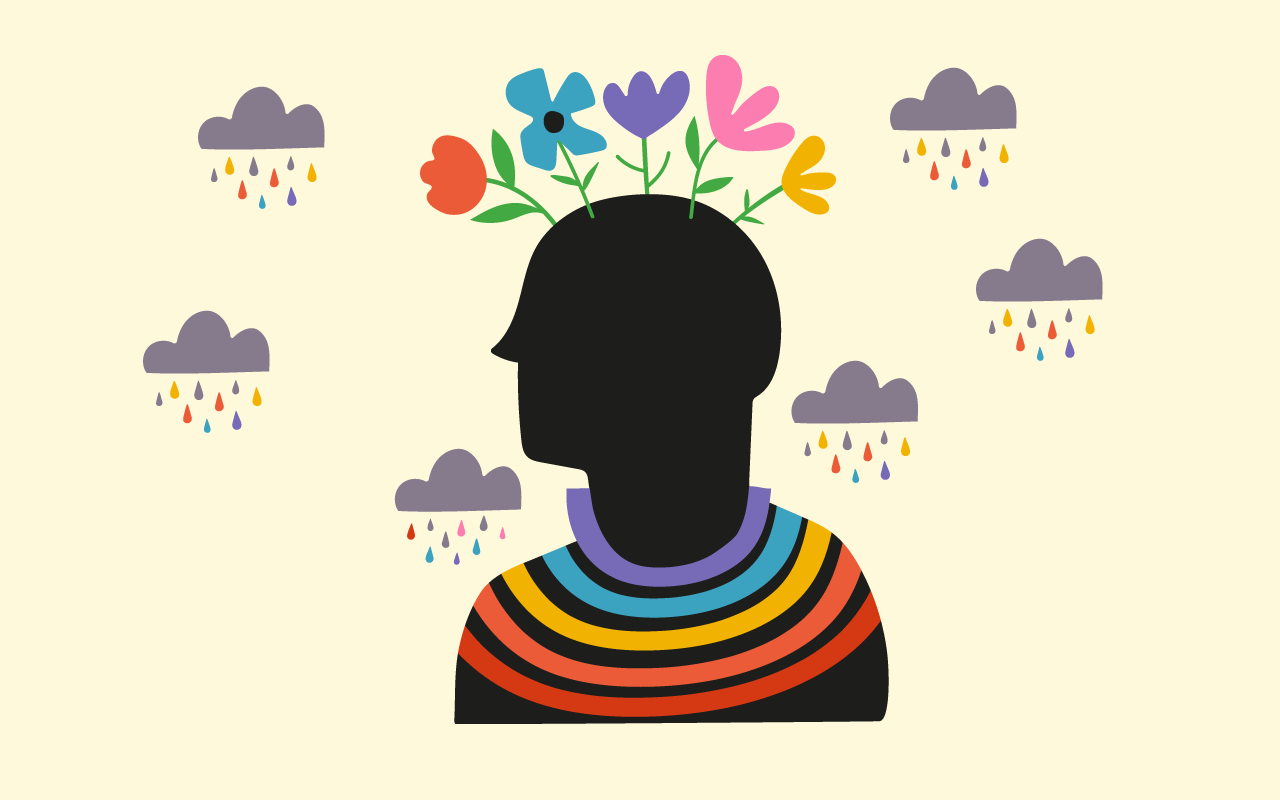
Have you ever pondered questions like, "What do I truly want in life?", "Am I afraid of change?", "Am I living authentically?", or "What is holding back my happiness?" Finding a pathway to happiness often feels elusive. In times like these, many turn to self-help books for guidance, and one such impactful book that has garnered widespread acclaim is "The Courage To Be Happy" by Fumitake Koga and Ichiro Kishimi.
Rooted in Adlerian psychology, this book presents a compelling framework for understanding and achieving true happiness. One of the most profound concepts discussed in its pages is the role of personal reflection, or journaling, as a powerful tool to build the courage to be happy.
In this blog post, we will introduce some of the practical wisdom for achieving true happiness presented in the book and explain how journaling can help you cultivate the courage to pursue and embrace happiness.
What is the Courage To Be Happy About?
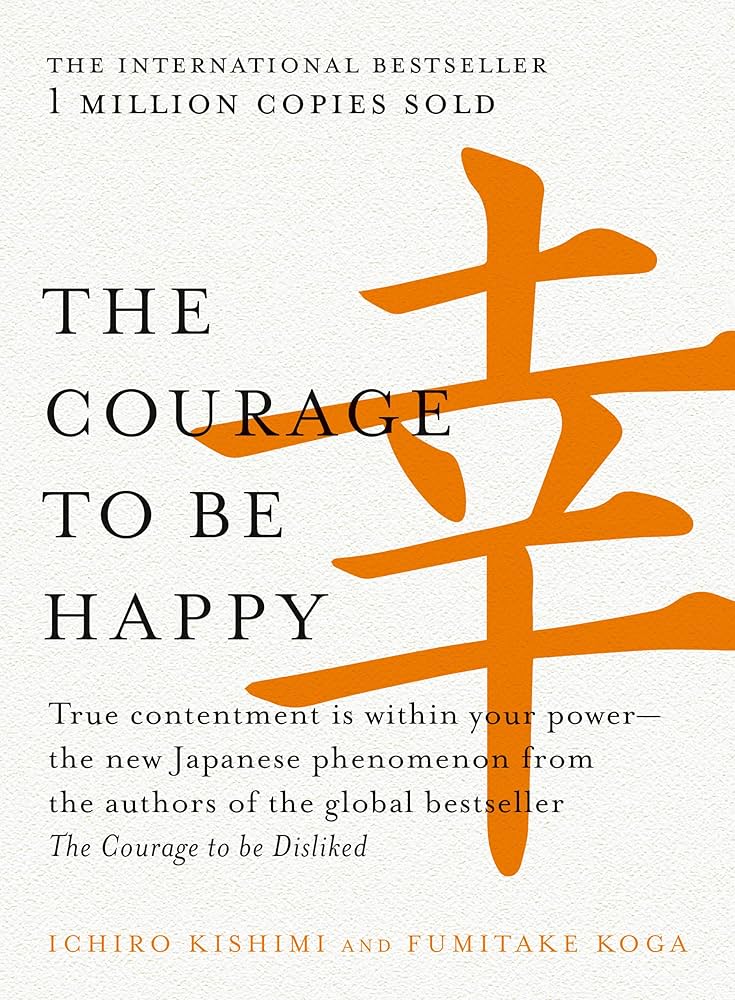
"The Courage To Be Happy" by Fumitake Koga and Ichiro Kishimi is a sequel to their bestselling book "The Courage To Be Disliked." This thoughtful and provocative work continues to explore the principles of Adlerian psychology—a school of thought founded by Austrian psychologist Alfred Adler. The book is structured as a dialogue between a philosopher and a young man who is struggling with life’s many challenges, providing readers with practical wisdom on how to achieve true happiness. Here are some of the key concepts in this book:
1. Adlerian Psychology
The foundation of the book lies in Adlerian psychology, which focuses on the individual's ability to change, social interest, and the importance of community. Unlike other psychological theories that heavily emphasize traumas and subconscious motives, Adlerian psychology advocates that people can consciously choose their paths and change their lives.
2. The Meaning of Life Lies in the Pursuit of Goals
Photo by Giulia Bertelli / Unsplash
The book stresses that life's meaning stems from pursuing personal goals aligned with your authentic self. Happiness isn't a state to be achieved but a journey undertaken towards meaningful objectives.
3. Take Risk & Overcome Fears For Long-term Fulfillment
Happiness requires the courage to take risks, confront fears, and overcome adversities. It’s not merely about seeking pleasurable experiences but involves the willingness to face hardships for the sake of long-term fulfillment.
4. Reduce Unnecessary Stress By the Separation of Tasks
Photo by Kelly Sikkema / Unsplash
One of the core principles from Adlerian psychology discussed in the book is the “Separation of Tasks.” It asserts that we often burden ourselves with problems that are not truly ours to solve. By identifying and focusing only on our own tasks, we can reduce unnecessary stress and improve our well-being.
5. Community Feeling and Contribution
True happiness also involves developing a sense of community and contributing positively to the lives of others. This concept underscores the importance of social relationships and altruistic behaviors as foundational elements of a fulfilling life.
6. Encouragement Over Praise
Rather than seeking praise, which can lead to a dependency on external validation, the book advises fostering a culture of encouragement. Encouragement focuses on effort rather than outcome, leading to intrinsic motivation and resilience.
7. Overcoming Life’s Lies
Many people live with self-deceptive beliefs like "I can't change" or "I am not capable," referred to as "life's lies." The book encourages readers to challenge these beliefs and adopt a mindset of growth and agency.
How Journaling Builds Your Courage to Be Happy
1. Self-Awareness & Reflection
Koga and Kishimi emphasize the importance of self-awareness as a foundational element in the pursuit of happiness in "The Courage To Be Happy." Drawing on the principles of Adlerian psychology, the authors argue that understanding oneself—one's desires, goals, and feelings—is key to leading a fulfilling and happy life. By encouraging readers to engage in self-reflection and personal exploration, the book posits that greater self-awareness can help individuals identify and overcome obstacles to happiness.
This is where journaling comes into play, providing a structured means for personal insight and emotional processing, ultimately building the courage to be happy. By setting aside time daily to jot down your thoughts and feelings, you cultivate self-awareness. Reflecting on these journal entries helps you uncover patterns in your behavior and emotions, leading to a deeper understanding of what makes you happy or unhappy.
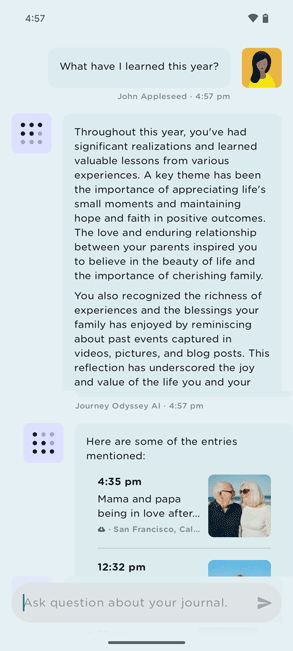
Technology can help you to explore and uncover yourself. Journey introduces an AI feature in the journal software app which can significantly enhance this process of journaling and self-discovery. By chatting with Journey's AI, called "Odyssey AI," users can gain insights into trends and patterns in their journal entries that might otherwise go unnoticed. The AI can analyze language, sentiment, and recurring themes, helping you pinpoint specific triggers of both positive and negative emotions. This interaction not only makes the journaling process more interactive but also leverages advanced analytics to deepen your self-awareness. By providing personalized feedback and highlighting key trends, Odyssey AI empowers you to make more informed decisions about your emotional wellbeing, thereby furthering your journey toward happiness.
2. Clarifying Goals and Intentions
Understanding what you genuinely want is crucial to be truly happy. Writing down your goals and intentions makes them tangible, providing you with a clear roadmap for your life. It also offers a space to evaluate your goals periodically, allowing you to see if they still align with your authentic self.
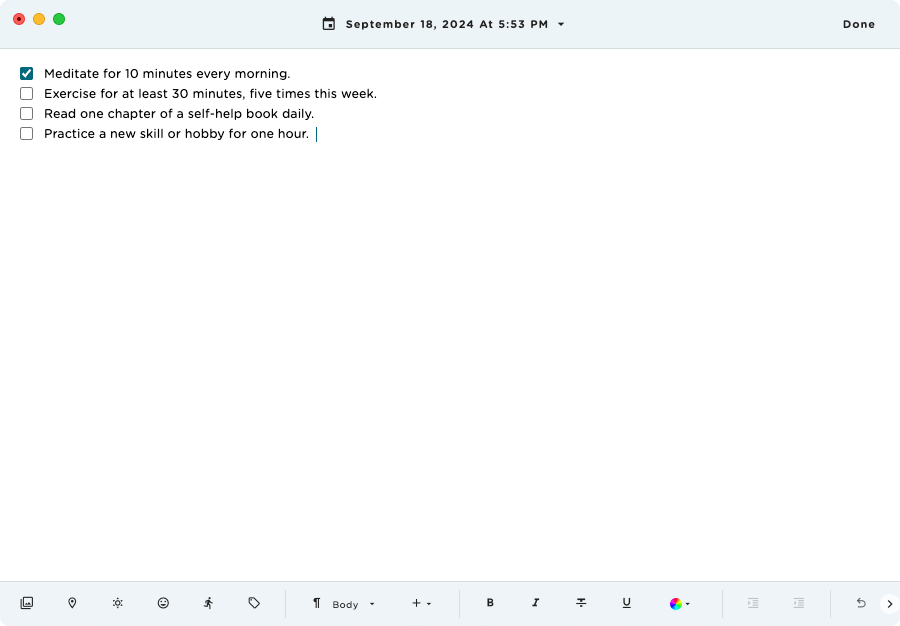
If your journal entries reveal a recurring desire to switch careers for something more meaningful, this realization can give you the courage to pursue that change, contributing to your long-term happiness.
3. Processing Emotions
Unprocessed emotions often act as barriers to happiness. Koga and Kishimi emphasize the importance of healthy emotional processing. Writing about emotional experiences in a journal can help mitigate their impact and open the door to positive emotional states. For instance, detailing anger or frustration and analyzing their causes can help manage these feelings better, preventing negative emotions from dominating your life.
Journey facilitates this kind of processing by allowing you to log your emotions directly in your journal. Its intuitive interface lets you select from a range of emotions and expand on them to understand underlying triggers. This helps shift from merely experiencing emotions to managing them.
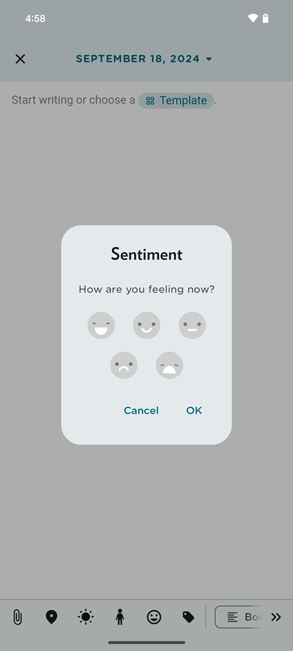
Journey also integrates with iOS 18's state of mind feature, enhancing emotional tracking. This integration allows the app to sync mood entries from iOS 18, providing a comprehensive overview of emotional trends. By regularly logging and analyzing your emotions, Journey becomes a powerful tool for emotional regulation, helping to dismantle barriers to happiness and improve well-being.
4. Building Resilience
True happiness requires the courage to face and overcome difficulties. Documenting your challenges and how you respond to them builds resilience over time. Using a journal template in Journey can help you methodically write down the challenges faced and your responses to them, making it easier to track your progress. Seeing your growth in black and white can be incredibly empowering.
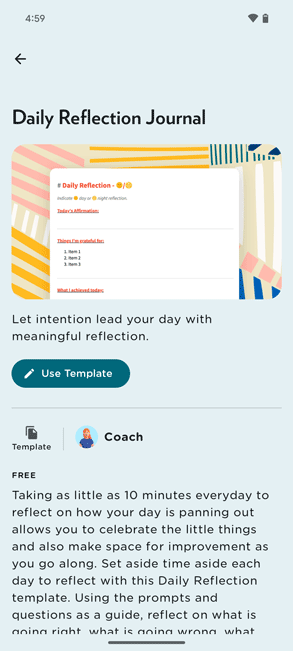
After experiencing a setback, you can look back at similar situations in your journal where you emerged stronger. This reinforces the belief that you can navigate through life's adversities.
Journaling is an age-old practice that offers modern benefits, aligning perfectly with the teachings in "The Courage To Be Happy" by Fumitake Koga and Ichiro Kishimi. Through consistent reflection, processing of emotions, clarifying goals, and building resilience, journaling equips you with the courage to pursue true happiness. Digital tools like the Journey app can further streamline and enrich this practice, making it easier and more enjoyable to maintain.





